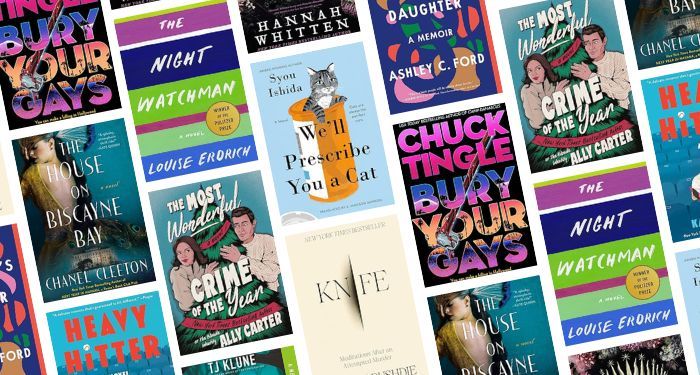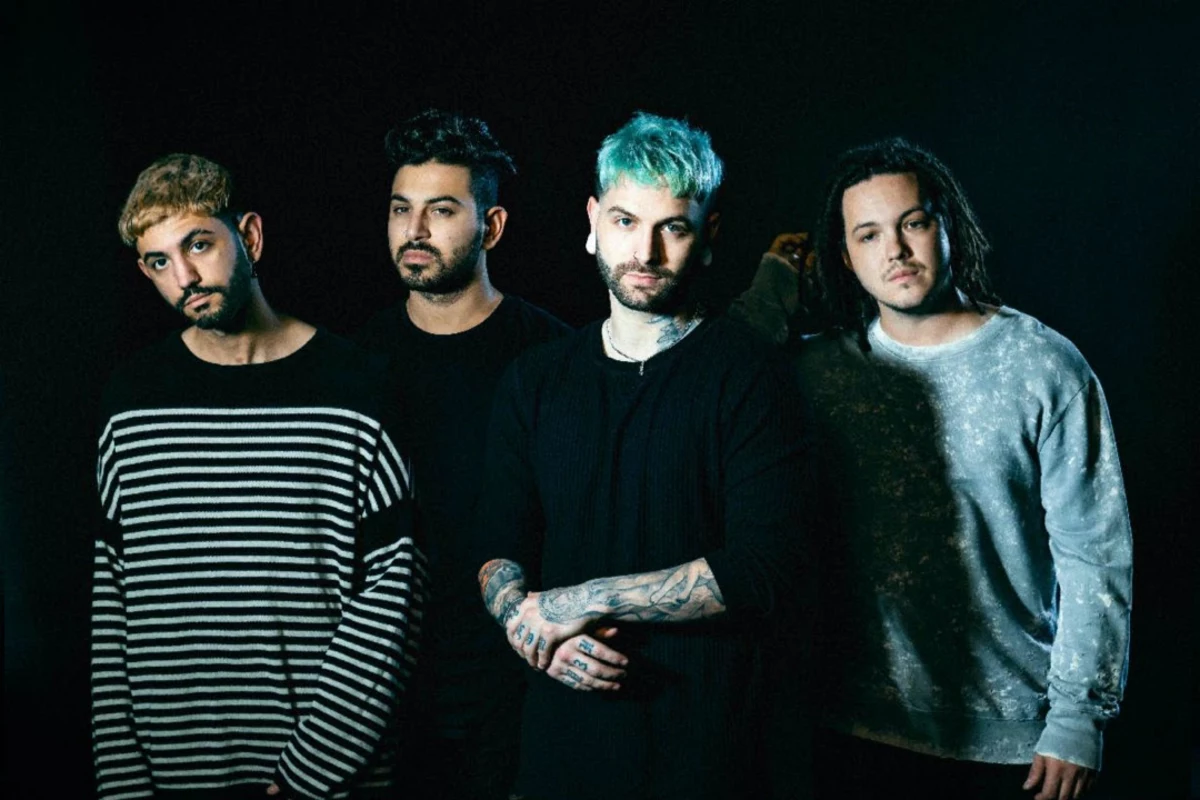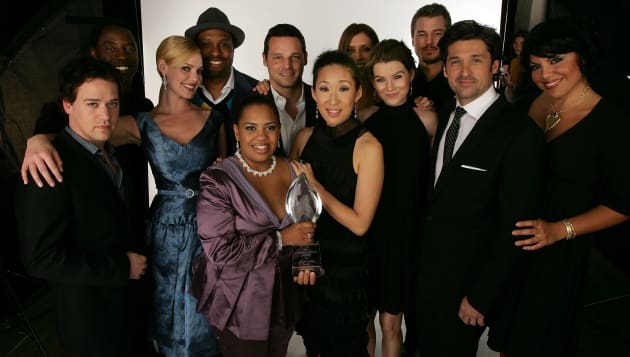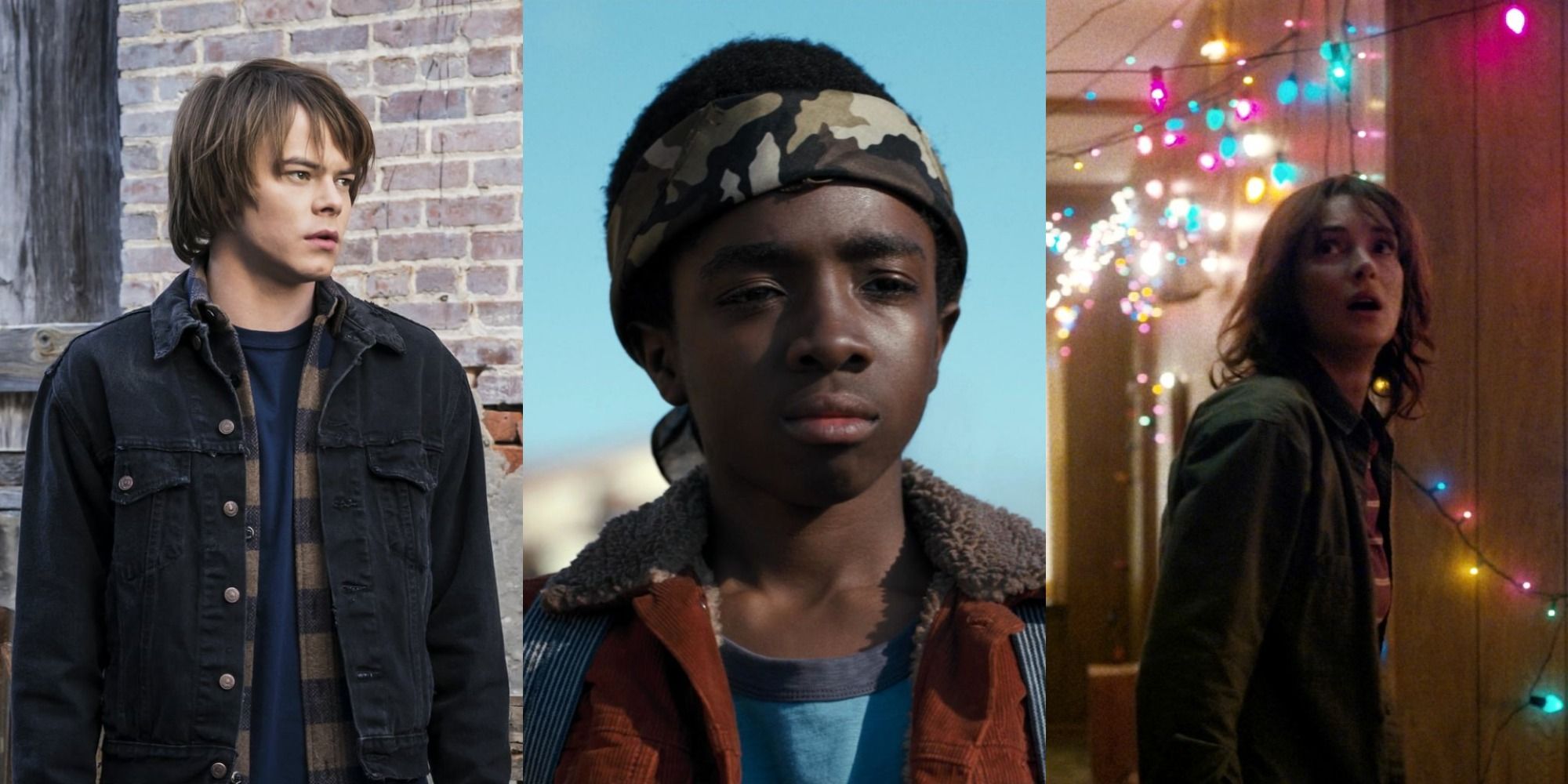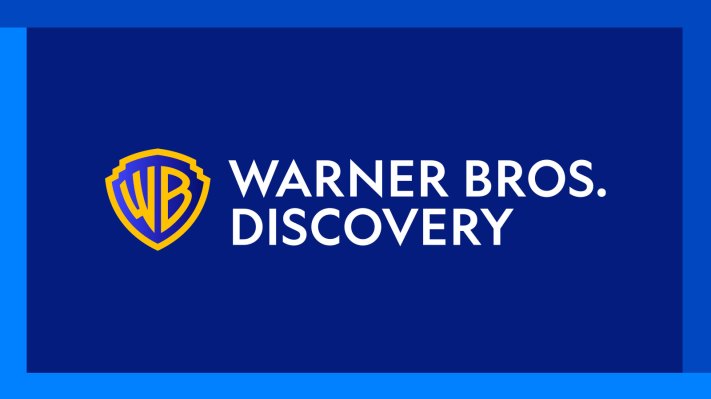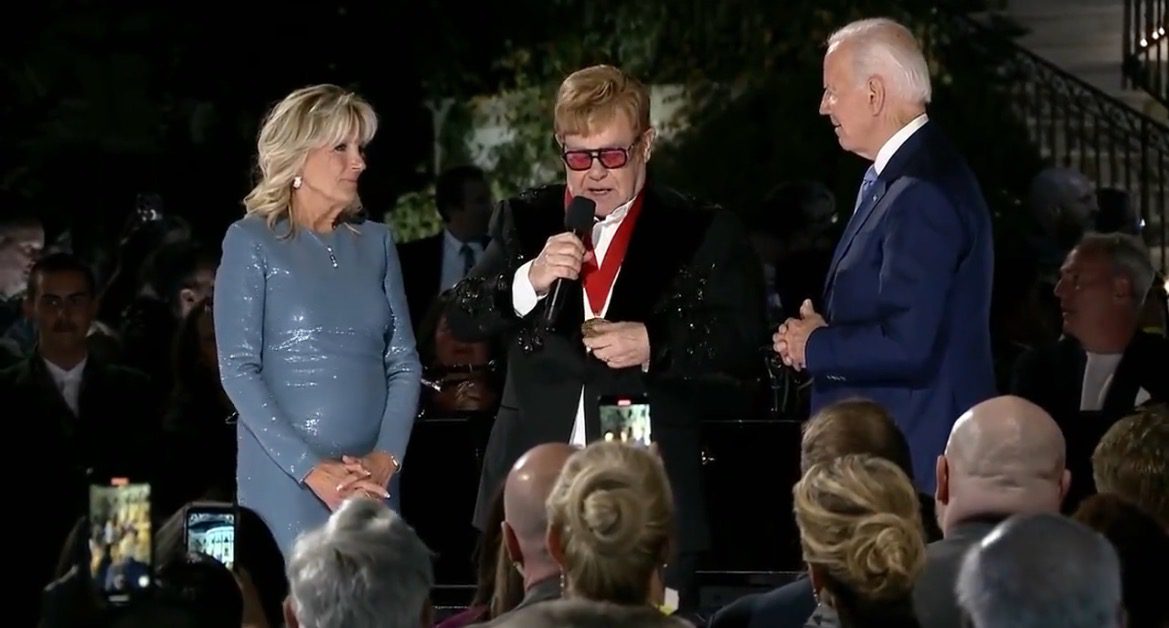When Fame on Fire began slapping together a heavy cover of Katy Perry’s “Unconditionally” before they even set any intention on being a band (they didn’t even have a name yet), they never imagined how powerful YouTube (and later, TikTok) could be in launching a career.
But, just like their website states, Fame on Fire are NOT a cover band. They’ve used the tried-and-true cover method that has been around for well over half a century to help gain notoriety and drive attention to their own original music, expertly navigating an increasingly difficult music industry climate that does not at all favor new or up-and-coming artists.
We’ve heard it a thousand times, if not more — it’s harder than ever for a young band to get a big break and find any meaningful level of success.
But, how do we even define success? The meaning of that really depends on what an artist wants to get out of the music they make.
In the case of Fame on Fire, the band’s members have been able to leave their day jobs behind and be financially stable through their own creative endeavors, be it making music or utilizing their other creative skills, such as studio and video production.
The reality is that simply writing your own music and going on tour is not going to take you to the top anymore. This has been the case for well over a decade and building long-lasting success requires musicians to do quite a lot more work to consistently find ways to engage and relate to fans to grow a fanbase.
Talking to Loudwire about how Fame on Fire managed to break the mold and blaze a new path forward is singer Bryan Kuznitz, who joined us on a Zoom call in the midst of moving to a new house, which, of course, means he has the financial capability to purchase a house. How did he accomplish such a feat through music? Let’s find out in the interview below.
Fame on Fire’s new album ‘Welcome to the Chaos’ will be released on July 22 and pre-orders can be placed here. Listen to the new single “Cut Throat” right here.
What was your day job before the band really started taking off?
I lived in south Florida for a few years and worked at Guitar Center, then I moved to Orlando and continued working at a new Guitar Center location. I wanted to be a music producer and go part time, and when I got really good at it, my boss at Guitar Center was totally cool with it. Shout out to Ray!
I lived with our guitar player Blake and our buddy Arthur in a house, and I had the master bedroom because I had the studio in my room. My bed was a futon. Different artists came literally into my bedroom to record and I’d make a little bit of money here and there. I asked myself, “Okay, what do I need to live?” All I needed was $400 for rent and like $200 for a car payment. This was just extra free money or whatever.
As a producer, are you self-taught?
All self-taught!
I definitely have some very weird techniques that aren’t proper. I used to be better at guitar tone when I knew less about guitar tone. It’s such a weird thing.
So you haven’t sunk any money into learning how to record through a school program.
Rather than spend money on recording classes, I’d rather just take that money and buy gear. When you get out of school, you’re going to be $40,000 in debt or whatever and then you’re not going to have any gear, so anything that you do produce is going to sound like shit.
At what point did you focus on creating music yourself?
While I was working at Guitar Center, Alex (our drummer) decided that he wanted to do a drum cover, so we recorded the drums for Katy Perry’s “Unconditionally” and then Blake was like it would be really dope if it had guitars on it.
He played it for me and said they were thinking about doing the full song cover and asked if I wanted to sing on it. I’m not a singer at all — I sang in choir and stuff like that my entire life, but I wasn’t like a rock singer. I didn’t know what to do!
We then shot a video for it and released it and thought nothing of it. Alex then proceeded to start blowing us up in a group chat a week later — “Guys, we’re on the radio.”
We won some sort of virtual cover competition and they were playing us all over the national radio. We saw that it was at 60,000 views and I’m talking with Blake and I go, “What do we do?” He’s said, “This is why I guess we’ve got to be in a band now.” He already had the band name — Fame on Fire — ready to go. It made complete sense for what we were doing.
Now people knew about me in the area for recording because of this cover, so, I quit my job at Guitar Center.
Fame on Fire, “Unconditionally” (Katy Perry cover)
It’s funny because some people will get upset and take an elitist attitude about covering pop songs. But if you go back 50 years, that’s what everybody did — they covered a popular song and got played on the radio!
How do you decide what direction to take it into next?
The idea was to always do original music. We wrote a couple of songs, but they weren’t as good as we wanted them to be, so we covered Iggy Azalea’s “Black Widow” and lightning struck twice.
We knew we were doing something right with the covers and began to learn what makes a song so good as we approached writing original material. With the covers, we saw some money come in — a check for $300, which was huge because that pays for a music video.
We did more and more covers, which gave us time to work on original music. We learned what it took to make a really good song and we had money behind us that we could spend on the gear that we needed to record the songs.
We also had this growing audience that wanted to hear what an original song from Fame on Fire would sound like.
After two years or so of doing pretty consistent covers, we dropped the original EP. Without having any sort of audience or any budget to do music videos, it would have done nothing.
Fame on Fire, “Black Widow” (Iggy Azalea cover)
Do you get any backlash where people brand you as a YouTube cover band who also formed an original band? I love how the first line in the biography on your website says upfront, “Fame on Fire is not a cover band.” There has to be some misconception to contend with somewhere, right?
What’s really good though in today’s day and age is that no one gives a shit. TikTok has created this thing where you’re an artist and you can cover anything — people just want to hear your voice. If it sounds good, they’re going to listen to it. So, the stigma has gone away a lot, especially with rock music. EDM has been doing covers/remixes forever — it’s the same shit.
With YouTube, one of the most important things for a band is cashflow — predictable income. Revenue was tough for bands during the pandemic, but you really have that dependability with YouTube. Is there a general understanding of much money you can expect to come in every month from YouTube that better helps you plan far out into the future?
We have a pretty good idea.
You have to be consistent with your content, but don’t annoy people and oversaturate it. I feel like once a month is a healthy amount for what we do.
Let’s say you have 10 covers or original singles out and they’re generating $1,000 each. Those will build up and start stacking as the audience gets bigger. You get to the tier list when you’re making $1,000 a month, then $5,000 a month, and then it maybe dips down to $3,000 goes up to $6,000 another month. You can average it out and start planning things out and then you get to the $10,000 a month mark.
At what point was everyone in the band able to drop their day job and live off of Fame on Fire?
About three or four years ago we realized we can live off of this. We had 25 to 30 covers out and everybody was able to just drop everything.
Everyone in the band does something creative as well — I engineer and produce, Paul was an engineer and producer, Alex is a videographer and owns his own film company. It also gives us the financial freedom to completely fail. We can take risks, we can be artsy with things — not everything is do or die for us.
With TikTok being the topmost trafficked web destination in 2021 (it beat out Google), it’s a critical space to pay attention to.
What have you noticed about the differences between your audience on YouTube and on TikTok? How you’re differentiating your creativity for those two spaces?
YouTube is the serious work where we host our originals and covers.
TikTok is the wild west where we can put literally anything on there and it can be random as hell — me singing a song or us just fucking around. It doesn’t matter. If people see it, they see it, they don’t, they don’t… TikTok is definitely where a lot of people these days will find you and then they will go to your YouTube or your Instagram to know more about you.
We did covers because it made sense for us in that era and that’s what worked during that time. With TikTok, you don’t need covers if you don’t want to.
The key to everything regarding success for younger bands is that they need to understand consistency and holding yourself accountable to stay consistent because the moment you stop being consistent, you die.
Parent Reacts to New Fame on Fire Song on TikTok
There has been backlash from huge mainstream artists about record companies demanding artists focus their creative efforts on social media and TikTok in particular.
What do you think of that and is there an important distinction to be made on this topic in regards to massive multi-platinum mainstream artists vs. those working their way up to the top?
I believe it is a very different situation for a smaller artist. Yes of course, even our independent label wants us to do TikToks, but the world today is so ADHD that when you stop posting, people forget about you.
For a smaller artist such as ourselves, it is easy to get lost in the internet traffic. If we aren’t doing TikTok’s, no one is going to know about our next release, current tour or upcoming music video. It would be us just shooting ourselves in the foot to not utilize the platform.
I don’t think it is so much of a label issue. It’s just how society and social media is these days and the consistent, disposable stream of information we receive all the time. I feel you have to do TikToks to stay relevant and develop and expand your audience, but at the same time, there has never been such an easy platform to stay relevant on.
I find the whole thing pretty silly coming from these major artists to be honest. They have every resource available and their marketing teams are smart. To me, the only negative side is if the labels are saying ‘we won’t release this song until you get a certain amount of views on this TikTok,’ then that’s just dumb.
Thanks to Bryan Kuznitz for the interview. Follow Fame on Fire on TikTok, Instagram, Twitter, Facebook, YouTube and Spotify. Pre-order their new album, ‘Welcome to the Chaos,’ here.
100 Inspirational Quotes From Rock Stars
A reassuring remark can be a real pick-me-up. And one from a rock star is even better. So check out these 100 distinct inspirational quotes as said by 25 different musicians who’ve influenced rock and metal.














































